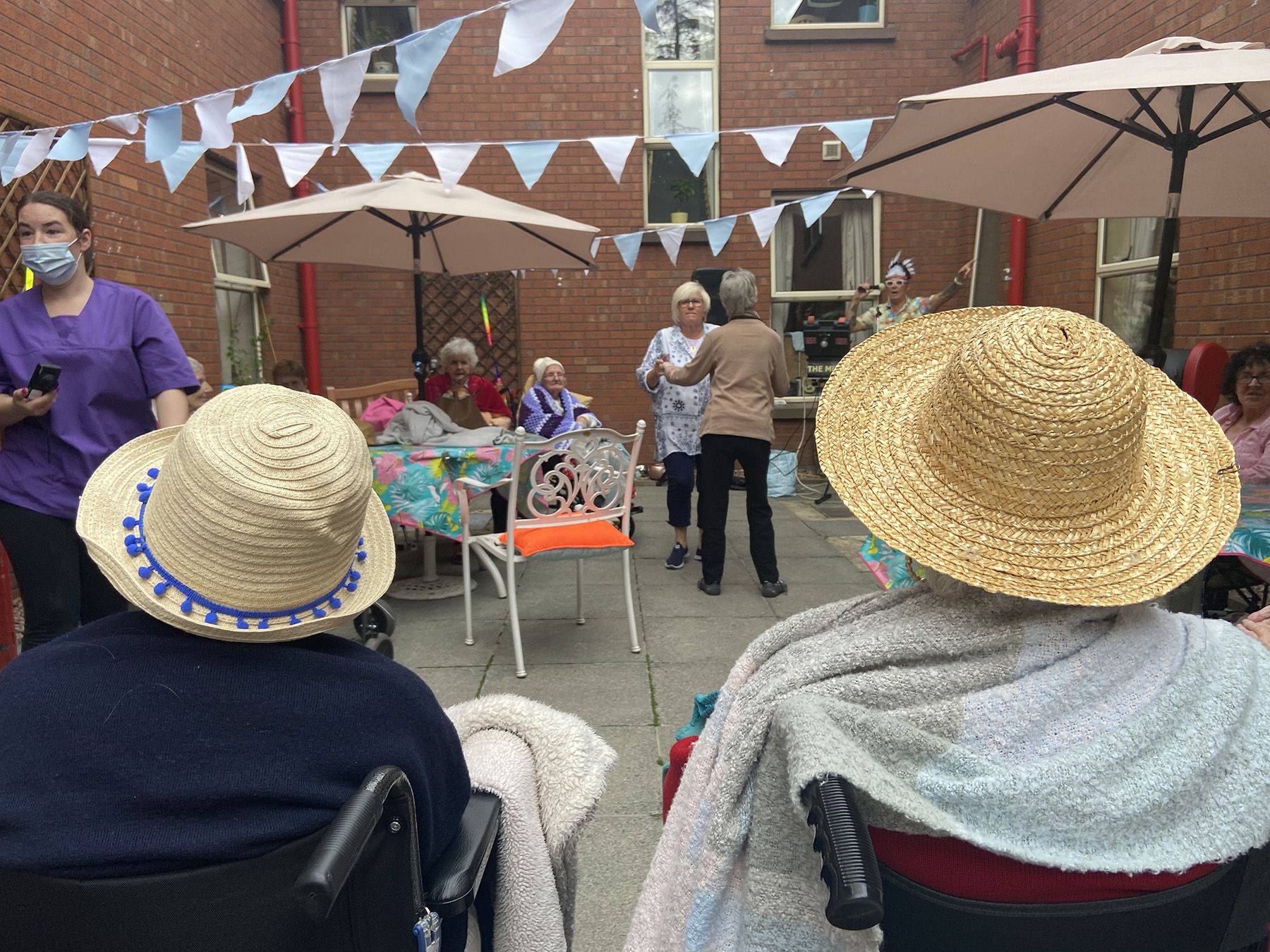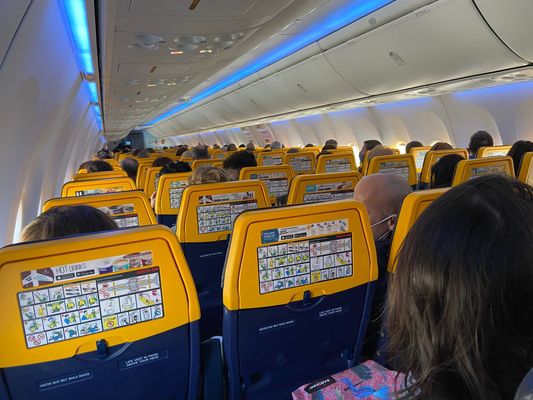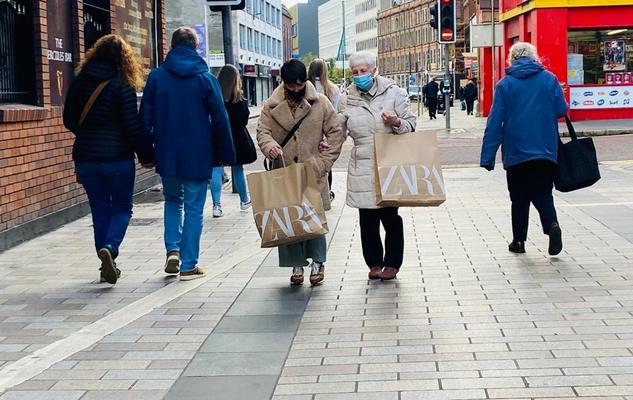Easing of some public health measures due from 21 June has been delayed due to epidemiological indicators and to allow time for more vaccinations. Decisions were to be taken by the Executive this Thursday but without a first and second first minister may not be.
A further side effect of vaccination has been reported, namely heart inflammation in 16-24 year olds thought to be a viral vector autoimmune response similar to that to platelets in cerebral sinus thrombosis.
Pericarditis may result with chest pain and heart output reduced. The Centres for Disease Control are investigating.
The DUP MP Ian Paisley joined the singer Van Morrison in an on-stage chant criticising the Health Minister last night. Video circulating on social media shows the MP joining in a chant of 'Robin Swann is very dangerous'. Our reporter Kevin Sharkey has the story. pic.twitter.com/NouOpFFAZS
— BBC Newsline (@bbcnewsline) June 11, 2021
A further vaccine Novavax is to be approved in the USA with an efficacy of 90 per cent and is a recombinant nanoparticle vaccine. R is now 1.2-1.4 and there have been concerns over lateral flow tests.
The Delta variant is thought to be 65 per cent more contagious with symptoms mainly sore throat, runny nose, temperature and cough.
Thus there is potential for a significant fresh surge of positive cases and hospitalisations but this is by no means inevitable. Surge testing would be carried out when required to confirm Delta variant cases and to prevent virus spread.
It is being proposed that those working in care homes will be compulsorily vaccinated.
Compulsory vaccination has been used for school entry in some countries and travel vaccinations to certain countries has also been mandatory for some years, for example Yellow Fever. Doctors working in certain specialties have to be vaccinated against, for example, Hepatitis, and now it is rumoured that NHS (England) will make it compulsory for those caring for the elderly in care homes. It remains to be seen if our Health and Social Care Services will follow in order to best protect our nearest and dearest
The G7 countries meeting in Cornwall have resolved to tackle any further pandemic within 100 days. There could be a surge of cases and hospitalisations due to the Delta variant, the Department of Health has warned.
PAY ATTENTION—the #DeltaVariant is the biggest worry & becoming more dominant worldwide. Why?
— Eric Feigl-Ding (@DrEricDing) June 10, 2021
📍More contagious
📍More severe (⬆️hospitalization risk)
📍Lower vaccine efficacy/neutralization—1 dose just not enough.
Video 📺 part 1 of 2 #COVID19
HT @VickiGSP @IndependentSage pic.twitter.com/R4al4nsuRS
The Minister has urged for caution this summer and has said that our actions now will have a crucial bearing on the direction of the pandemic over the next three months. He has said that normality remains "some way off" and that we were not yet at the point where we can set a date for an end to social distancing, the use of face coverings or other public health measures which have been so important throughout the pandemic.
Ministers have agreed an indicative date of June 21 for live music to resume, although this decision would have to be confirmed next week in line with health advice. We may have seen the likely public reaction from the response to the gig by Van Morrison which was cancelled just hours before it was due to start.
The Executive also agreed to raise limits on social contact at home from June 21 which would allow 10 people from two households to meet indoors, again subject to approval next week.
The number of people allowed to meet outdoors in a private garden was to rise to 15 from any number of households on 21 June. Ministers have been given a briefing paper which indicated that we were not at a point yet to set a date for an end to social distancing.
UK Scientists on a committee that encouraged the use of fear to control people’s behaviour during the Covid pandemic have admitted its work was “unethical” and “totalitarian”. https://t.co/ZMcTZNvPwk
— Van Morrison (@vanmorrison) May 21, 2021
It was expected to have data next week on the impact of infection rates following recent easements but there was concern about emerging data from Great Britain indicating that change could rapidly occur. Up to 25 per cent of new cases maybe the Delta variant to which the vaccines maybe somewhat less effective than with the Alpha variant.
Thus there is potential for a significant fresh surge of positive cases and hospitalisations but this is by no means inevitable. Surge testing would be carried out when required to confirm Delta variant cases and to prevent virus spread.
Services for those with long covid are to be available from late October 2021. Plans have been published to tackle waiting lists which will include paying for operations in the Republic.








